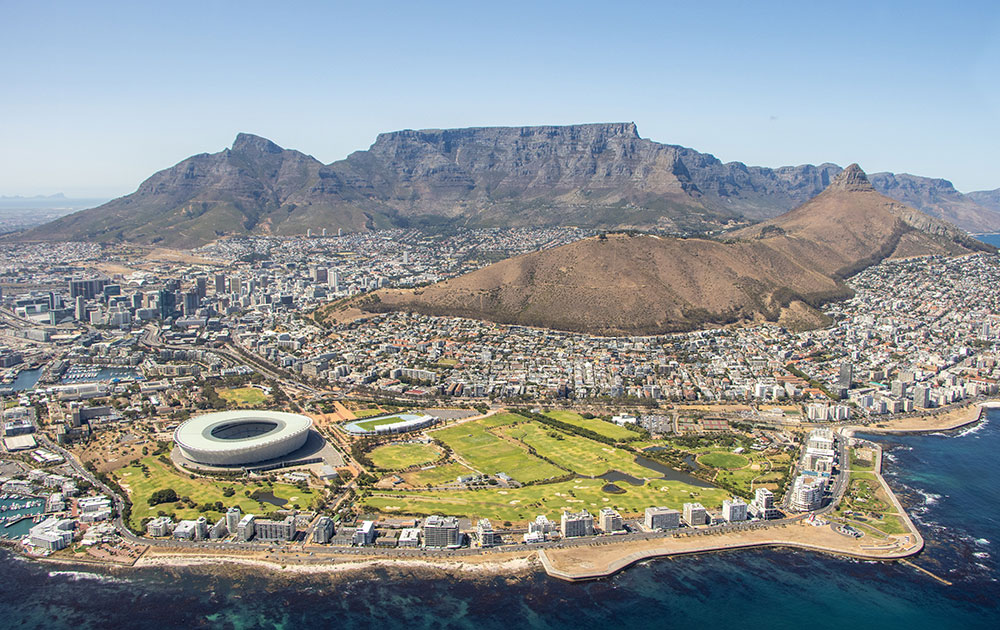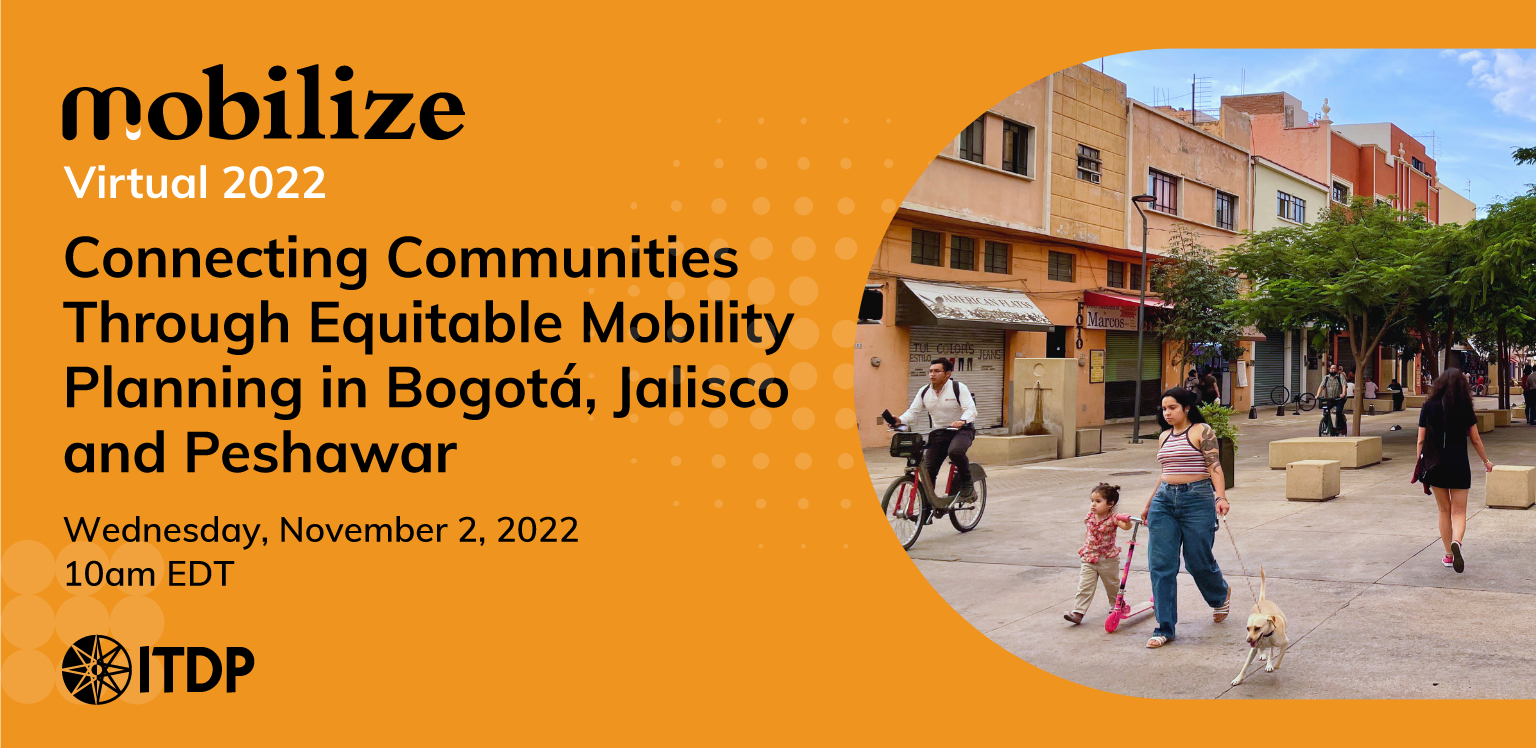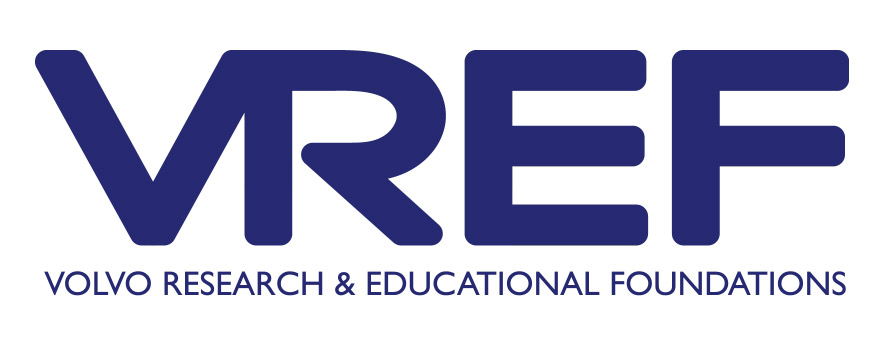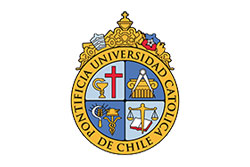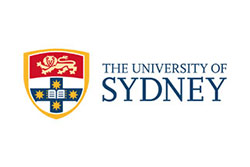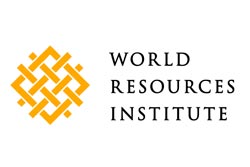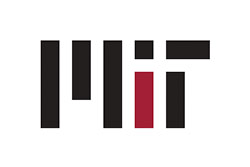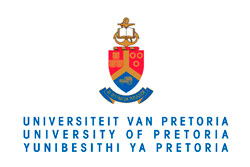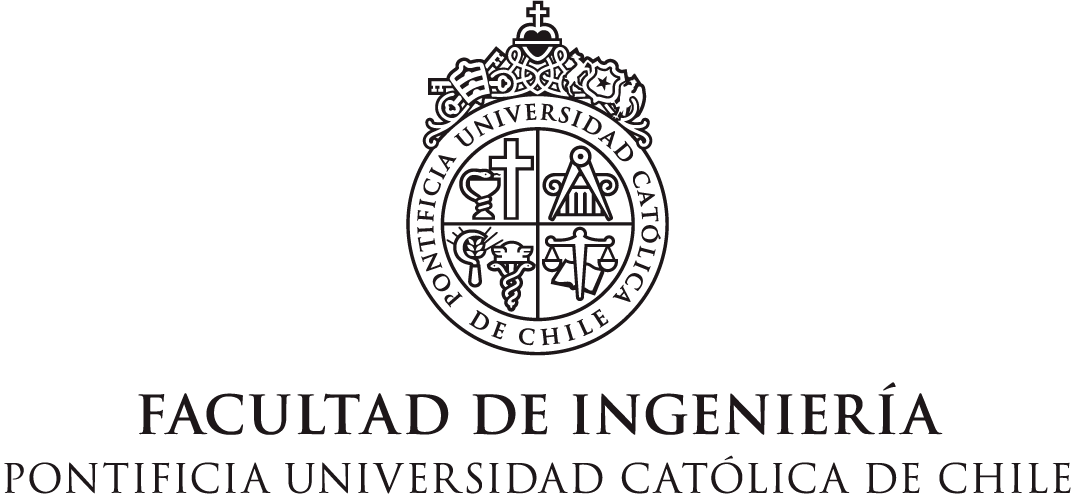The BRT CoE Director Juan Carlos Muñoz and member Darío Hidalgo were invited as keynote speakers to the Seminar «The new challenge in the sector: Intelligent Transport Systems», organized by the Colombian Infrastructure Association on August 21th in Bogotá.
Professor Muñoz presented 5 technological innovations developed in Chile after the Transantiago implementation crisis, in a dissertation named «Transforming the mobility of great urban regions: innovations in Santiago». The ideas showed were the following:
- Massive capture of big data for better understanding of urban mobility
- Live bus headway control service
- Applications to facilitate the users mobility
- Metro express services (skip-stop operation)
- Flow management scheme for areas with high density of users
You can download Juan Carlos presentation following this link. After the seminar the professor presented this topics to Transmilenio executives and then had a meeting with the system operators to socialize and promote innovative design, operation and control tools for transit.
Darío Hidalgo, as director of research and practice from EMBARQ, presented an overview of the role of technology in sustainable urban mobility, showcasing some important advances and trends. He stressed that principles for advancing environmentally and socially sound urban mobility are well known, but not enough progress has been achieved since the entrenched «predict and provide» approach oriented to solve traffic problems by expanding the road capacity is still in use. The solution, according to several development institutions, is to avoid the need for long and frequent motorized trips, shift travel to the most efficient modes and improve technology and operations of the transport systems. The transformation requires political will, technical capacity to plan and deliver, funding and also capturing the trends.
The presentation then turned to trends in sustainable mobility, many of them supported by advanced information and communication technologies: bikesharing, carsharing, transit apps, smart cards for ticketing, BRT and Metro. Also showed some demand management concepts, which are still in early stages of inception worldwide: low emission zones (common in Europe) congestion charging (Singapore, London, Valetta, Stockholm, Gotenburg) and vehicle quota systems (picking up in China). He also indicated the importance of open data and entrepreneurship, highlighting the winners of the Mobi Prize from SMART-University of Michigan, in which G-Auto and Sao Paulo were honored in 2014. Hidalgo concluded his presentation by indicating that the future is not what it used to be. He insisted that technology opens many possibilities, specially to support planning and decision making; but pointed out that technology should be at the service of access, as the ultimate objective of transport. You can also access his presentation here.



